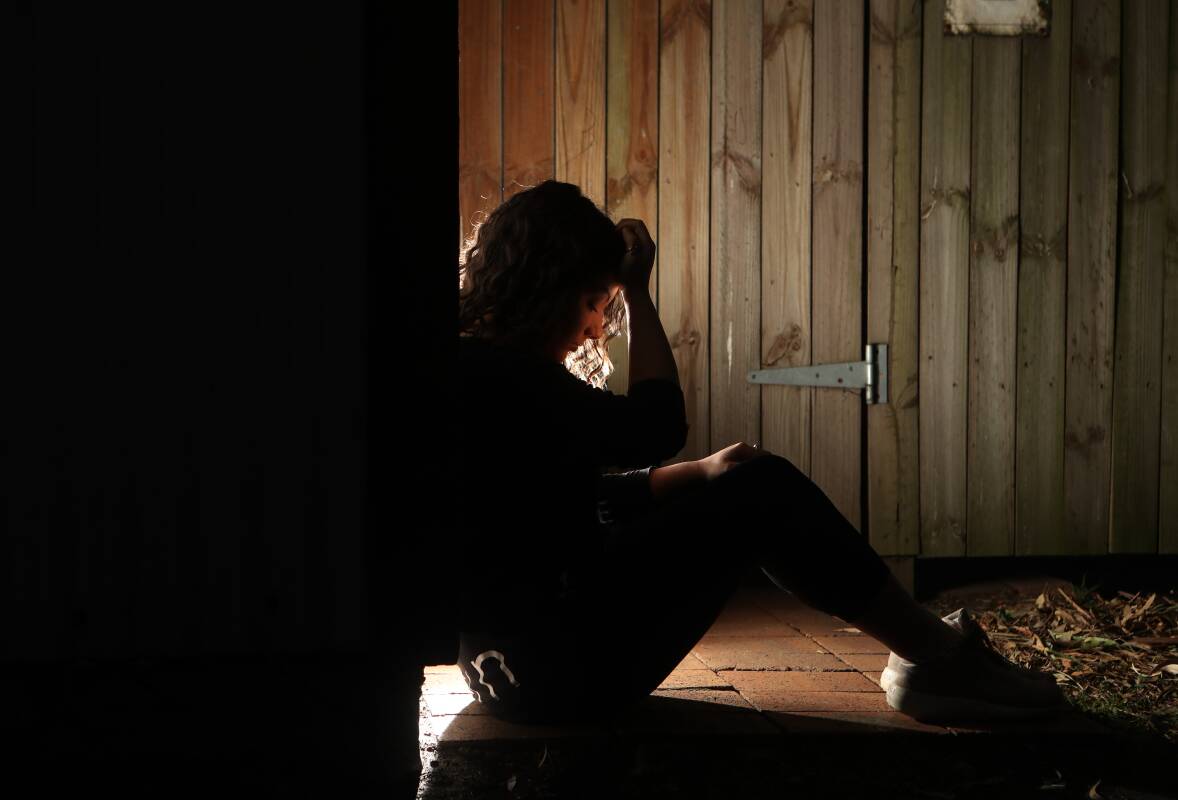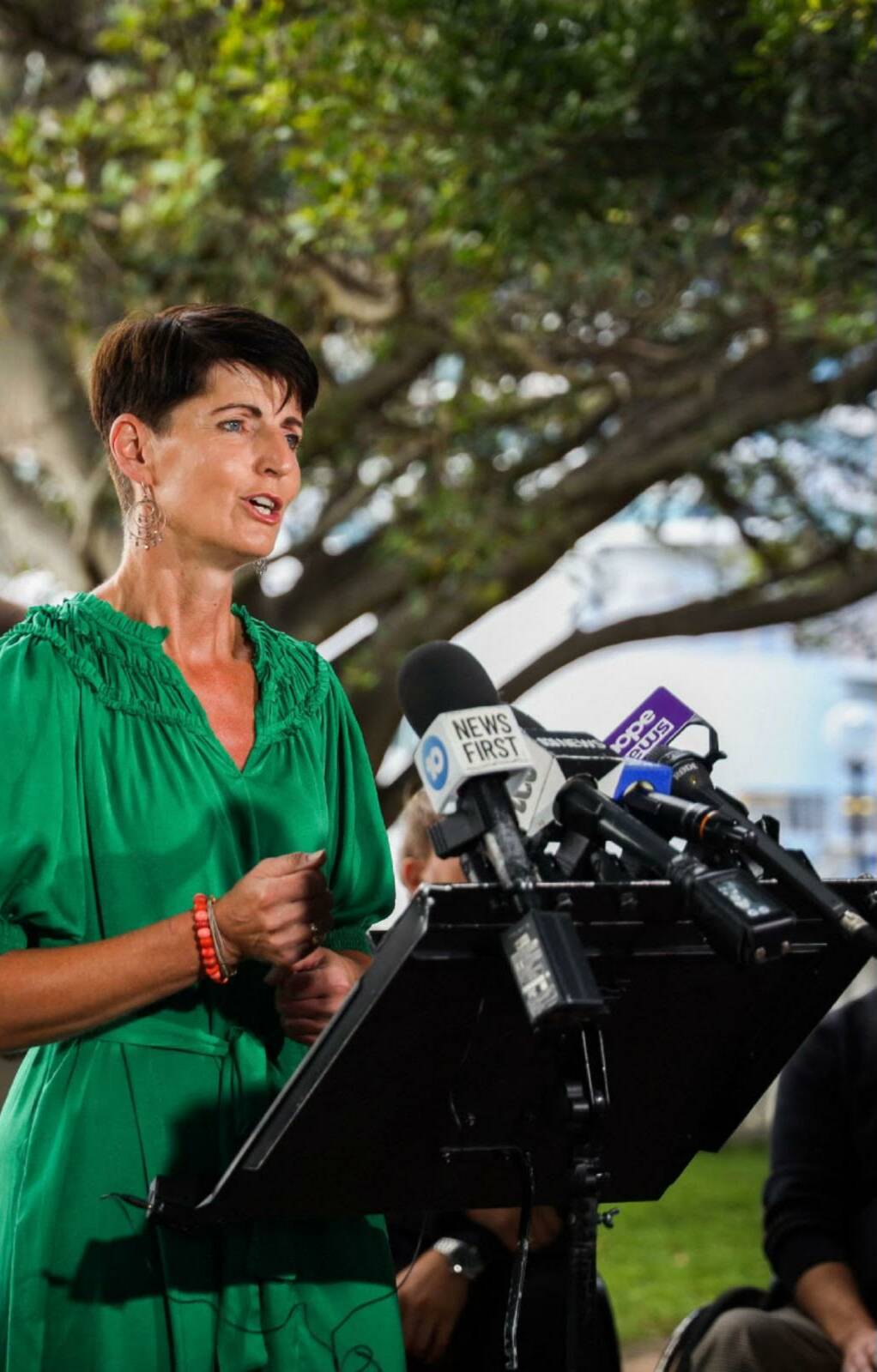THE number of kids in crisis seen by a caseworker has dropped to a record low in the Hunter Central Coast region, as the number of child protection reports continues to climb.
Out of the 18,280 children deemed at 'risk of serious harm' (ROSH) in the 12 months to June 30, just over 3000 received a face-to-face assessment, or 17 per cent, against the state average of 25 per cent.
That is a drop of 1,845 children, or nine per cent, compared to the year before, when 4,933 out of 18,690 children were seen, or 26 per cent, in line with the then state average of 29 per cent.
Ten years ago, 28 per cent of children and young people in the region named in ROSH reports (4,928) received a face-to-face child protection assessment.

A spokesperson for the NSW Department of Communities and Justice said a face-to-face assessment by a DCJ child protection caseworker is just one type of response to a reported child protection concern.
When DCJ receives a report about a child, it is often identified there are already supports and services involved with the family, the department said.
In other cases, DCJ may work with local community partners, health and education to ensure that a collaborative and coordinated response is provided to children and families from the local service system to meet immediate need and reduce risks as quickly as possible.
"The government is investing in earlier interventions to address vulnerability and reduce the risk of abuse and neglect in families before major crises occur and statutory intervention is needed."
NSW Minister for Families and Communities and Port Stephens MP Kate Washington says her government is reforming the child protection system.
"Since becoming the Minister I have been traveling to DCJ offices throughout the state, including the Hunter, listening to caseworkers about their issues and experiences," Ms Washington said.
"Unfortunately, the Hunter DCJ district has faced significant challenges in retaining staff and therefore their ability to respond to ROSH reports in a time that's acceptable.
"Many of the caseworkers in the Hunter are new which has affected the number of assessments they've been able to undertake."

"The unfair wages cap imposed by the previous government on the public sector saw experienced caseworkers walking out the door. That's why we've removed the wages cap so we can tackle caseworker vacancies and start valuing these essential workers."
Staff vacancy and turnover rates reflect the current state of the NSW labour market with fewer candidates applying and an increase in turnover of existing staff, a department spokesperson said.
"DCJ workforce recruitment and retention issues are a key focus of the NSW Government."
There are 14,723 children in out-of-home care in NSW, 2,106 in the Hunter region. Of those, more than 1, 180 are living with a relative or in Aboriginal Kinship Care, while 744 are with foster carers - leaving 153 in residential care.





